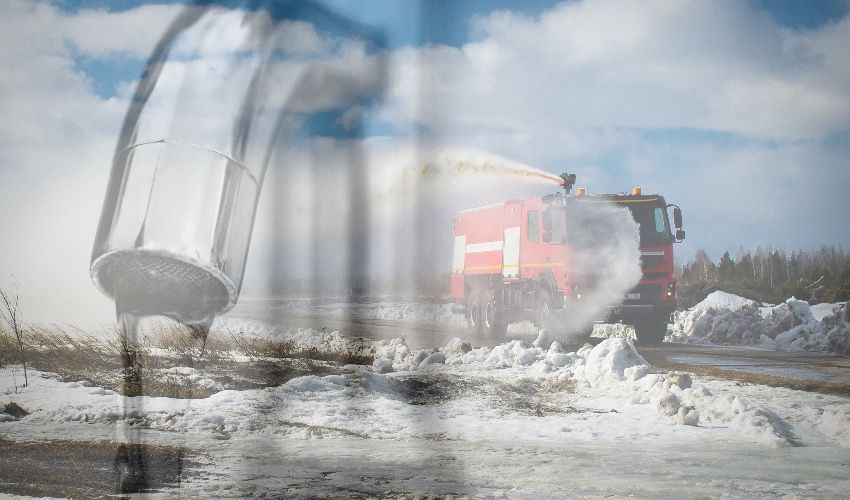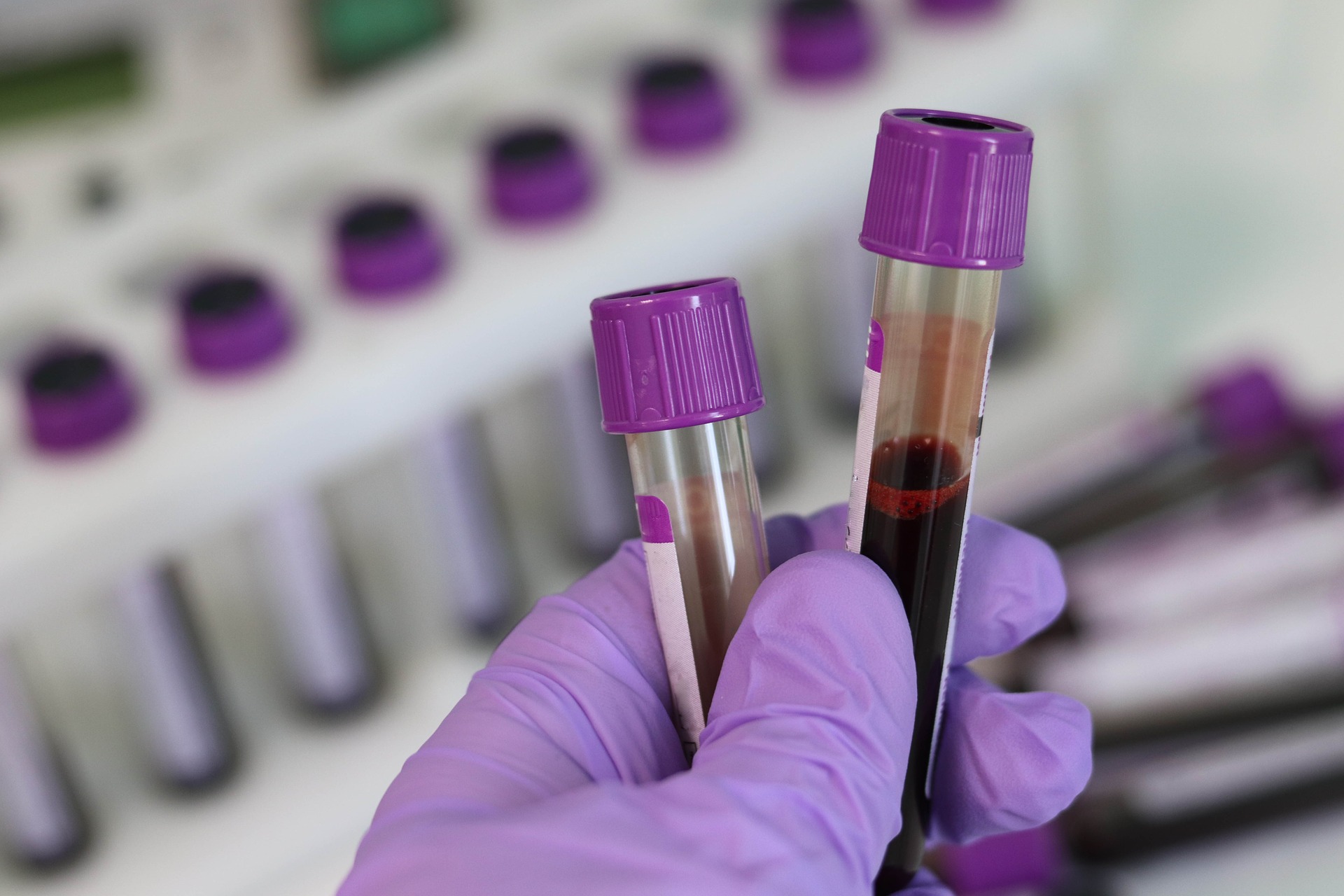


The Government needs to prioritise removing PFAS from the Island’s drinking water in its spending plans, according to a campaign group.
SOS Jersey believes it is imperative that the chemical, which is widely thought to be harmful to human health over a certain level, is taken out of the water supply.
It has written to the Environment, Housing and Infrastructure Scrutiny Panel, which is reviewing the latest Government Plan, which sets out spending priorities from 2021 to 2024.
PFAS is a family of highly persistent, nonbiodegradable ‘forever’ chemicals that were used extensively in the second half of the 20th century, until they were found to be poisonous and banned.
One of the family – PFOS – was an ingredient in firefighting foam that was sprayed at the Airport in the early 90s. This leached from the western end of the runway into St. Ouen’s Bay, from where water was extracted and pumped into Val de la Mare reservoir and into the mains supply.
Pictured: Jersey Water wants to use water from boreholes in St. Ouen's Bay to top up Val de la Mare reservoir but is currently unable to do so.
SOS Jersey, whose submission is signed by chairman Michael du Pré and coordinator David Cabeldu, argues: “Due to the unremedied PFAS contamination at the Airport in the past, its spread into the drinking water supply via the Val de la Mare reservoir by means of streams and pumping from the St. Ouen’s aquifer and the realisation that precautionary measures will eventually need to be taken by Jersey in order to bring its water regulations into line with other countries, financial provision should be made far in excess of that included in the proposed levels set out in the Government Plan.”
The group calls on the panel to tell the Government to make sure that make sure that mains water is “unquestionably safely drinkable” and harmless to the environment.
It says that two measures are needed: stopping PFAS escaping from its source by, for instance, removing contaminated soil from the Airport’s fire training ground, and removing PFAS from the mains water supply by installing appropriate technology.
SOS Jersey is one of a number of environmental organisations which is calling for a ‘Green Recovery’ agenda to be embedded into the next Government Plan.
Other measures which the organisations - which include Société Jersiaise, the National Trust, Jersey Heritage, Evie, Jersey Marine Conservation, Jersey National Park, Nurture Ecology and Trees for Life - want in the Government Plan are, among others, speeding up the move to all-electric vehicles, ‘whole-life’ carbon assessments for all new developments and delivering a 25-year 're-wilding' management plan for St. Ouen's Bay.

Pictured: Environmental organisations in Jersey want the Government to accelerate its commitment to ban all non-electric vehicles.
Regarding PFAS, the Government argues that there is no evidence which confirms that the chemicals are harmful to human health.
This is strongly refuted by both SOS Jersey and residents living close to the Airport, who believe that their health has been badly affected by drinking contaminated water.
In its letter to Scrutiny, SOS Jersey says: "Currently, the Jersey health and environment authorities contend that no risks exist and look to nitrates being the main cause of concern.
"However, nitrates are not non-biodegradable and unlike PFAS do not accumulate in the soil and the body (when ingested) and one has to question why the EU is in the process of debating how to limit PFAS contamination with current thinking revolving around a total safe weekly ingestion amount which, when translated into drinking water, would have seen Jersey Water exceeding this level seven-fold.
"This question, together with that as to why in one settlement in the USA alone, over £500m has been paid out to the victims of similar contamination, causes one to consider the casual approach of Jersey’s no doubt highly qualified and informed authorities to this potential problem. Is their current approach to this issue - denial and refusing to even discuss it - likely to continue for very long while the rest of the world is taking more and more notice of it year on year?"

Pictured: A number of Islanders are calling on the Government to carry out blood tests to assess the level of PFAS poisoning in Jersey.
Islanders who maintain they have been harmed by PFOS poisoning want the Government to commission an independent public inquiry to establish the extent of the problem, for Jersey’s water laws to be updated to bring them into line with the latest EU standards and for Health to test people's blood to assess the level of PFAS in their bodies.
A Government report into PFAS, published last July, concluded that traces of PFAS – PFOS and another related ‘forever’ chemical called PFOA – were in the majority of boreholes in Jersey. However, it added that no issues were identified with mains water supplies.
The report recommended that a hydrogeological survey of St. Ouen’s Bay is undertaken to determine the extent of PFAS pollution in the 'plume area' which stretches out from the Airport. Jersey Water has expressed its frustration that this study is yet to be carried out as it relies on drawing water from boreholes there, something it has not been able to do since the contamination came to light.
Comments
Comments on this story express the views of the commentator only, not Bailiwick Publishing. We are unable to guarantee the accuracy of any of those comments.